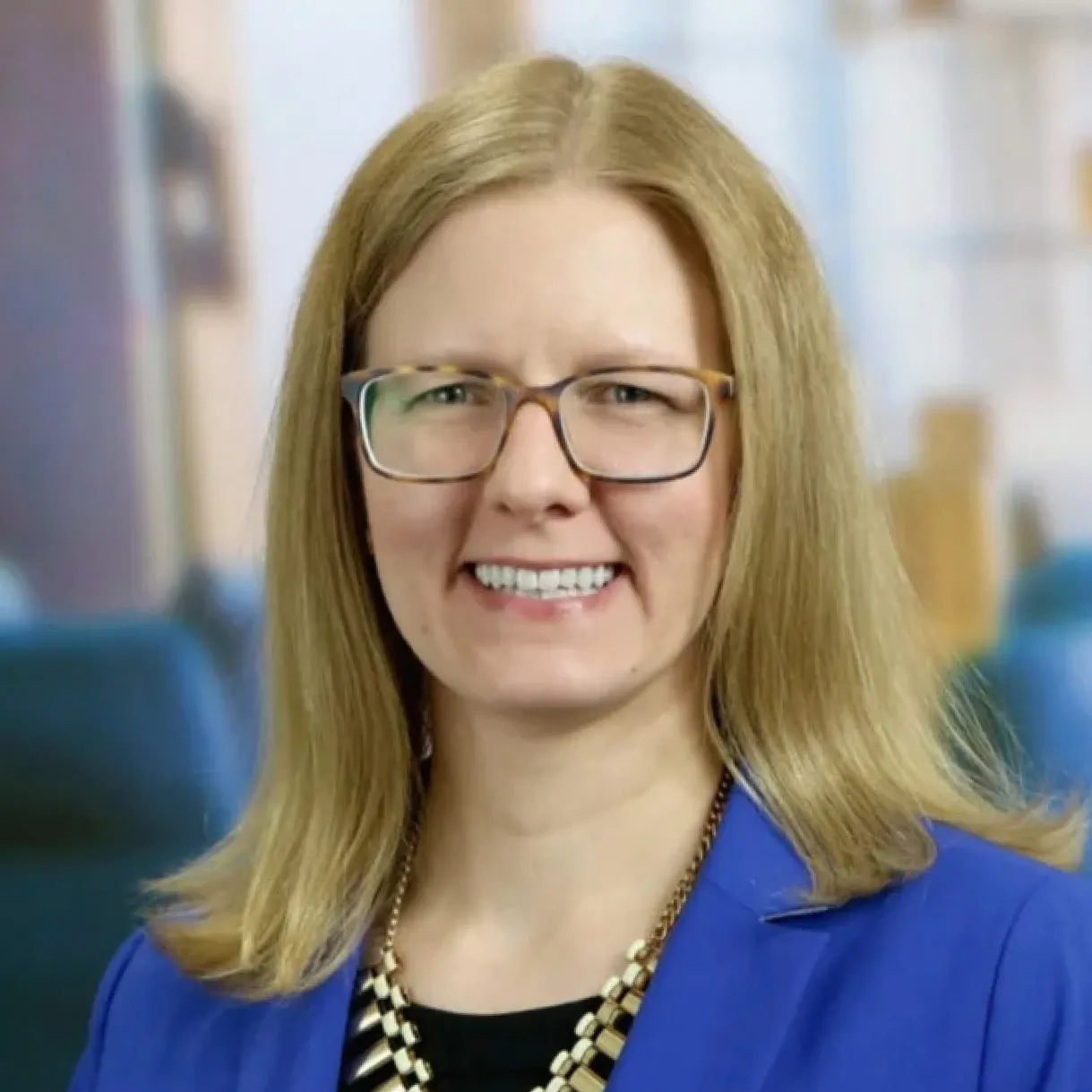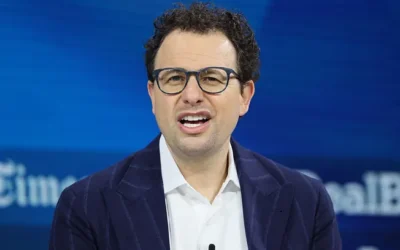The following is a guest post from Courtney Rickert McCaffrey, EY Global geostrategy insights leader and director of business and CXO insights at Ernst & Young; Oliver Jones, EY Global SaT markets, sustainability and geostrategy leader at Ernst & Young; and Witold J. Henisz, vice dean and faculty director of ESG Initiative at The Wharton School. Opinions are the author’s own.
Escalating conflicts, economic competition between states, widespread sanctions, inward investment restrictions and higher tariffs — geopolitics is having an outsized effect on the CFO agenda. This year, two of the political risks at the top of the C-suite agenda have been the global elections supercycle and policies to ‘de-risk’ global supply chains and investments.

First, the election supercycle. This has been a year of elections — and it’s not over yet. Voters have gone or will go to the polls in markets accounting for about 54% of the global population and nearly 60% of global GDP. This has generated regulatory and policy uncertainty. Heightened voter concerns about inflation and economic growth mean many new governments have economic policy at the top of their agendas. Of particular interest for CFOs, this could lead to shifts in tax policy.
Second, ‘de-risking’. Policymakers in many markets have been trying to de-risk supply chains, especially for products seen as critical for national security. This has translated into industrial policies to promote domestic production and an ever-expanding array of trade and investment restrictions. This trend has been most apparent between China and several Western markets, including the U.S. and the E.U. The viability of cross-border transactions between these markets has declined as a result — although there are greater opportunities for investments in countries that are allies of a company’s home country government.
A new type of globalization
These geopolitical developments are not flashes in the pan. They are symptoms of three broad, systemic shifts in the global operating environment. First is the shift from a more unipolar to a multipolar system. Geopolitical power has become more dispersed, with heightened competition between blocs or alliance networks. Second, geopolitical relations have become less cooperative and more conflictual as tensions have risen in a variety of areas. And third, in many capitals around the world, policymakers’ goals are no longer primarily economic. Now they are primarily focused on security, with a desire to be self-sufficient in a variety of strategic sectors and critical products. All of this has led to a new type of globalization.

Weaving all these geopolitical dynamics into the operations and strategy of companies’ finance functions will be crucial for success in this new era. CFOs should assess how geopolitical developments will affect capital costs and capital allocation at their companies. For instance, the global elections supercycle is likely to lead to changes in tax policy and corporate tax rates in some markets. Economic security policies and supply chain diversification will affect the viability of current ownership or governance structures. And the more multipolar geopolitical system will affect cross-border financial transfers, the use of specific international payment systems and exchange rate risks.
Consider one example of how geopolitical risk was incorporated into a company’s financial decision-making. We worked with the CFO of a company that was considering whether to expand into a particular market. The CFO and investment office wanted a better understanding of the ways rising geopolitical tensions might affect the market expansion opportunity and investment thesis. We helped them conduct a scenario analysis that explored how the geopolitical environment could evolve in the next five to 10 years. By mapping probabilities of the qualitative scenarios envisioned against the known investment-related costs, the CFO had a much more refined understanding of the true costs associated with pursuing various strategic alternatives in that market.
C-suites focus on geostrategy governance
CFOs also have a broader role to play in geostrategy — which we define as the holistic and cross-functional integration of political risk into broader risk management, strategy and governance.

An effective geostrategy requires four distinct activities. First, companies should identify and dynamically monitor geopolitical, country, regulatory and societal risks. Second, companies should assess how the identified political risks could affect the company. Then, companies should manage the political risks that are considered material to their business, integrating them into connected-risk approaches. And, at the same time, executives should incorporate geopolitical considerations and other political risk analysis into strategic decisions. Finally, to weave all these activities together, companies need to have a cross-functional geostrategic team.
We’re seeing an increasing number of C-suites focusing on geostrategy governance in the current global environment. Which individuals and functions have such responsibilities varies by organization, but our most recent survey revealed about one-third of companies task the CFO, or the company’s finance or treasury department, with the responsibility (full or partial) for political risk management.
One potential reason for the popularity of the CFO is that responsibility for geostrategy needs to sit in a cross-functional office tasked with coordinating strategies for multiple stakeholders within the company. And the responsible party needs to have a voice in the design and implementation of initiatives in the enterprise’s key functions, from finance to marketing and R&D. CFOs — or, indeed, any individual or function with strategic, cross-functional authority — are therefore natural choices for the coordination of geostrategy.
CFOs are uniquely well-placed to lead their companies in enhancing or adopting a geostrategy. They have visibility into and influence on decision-making regarding both risk and strategy — as well as many other functions across their organizations.
In this era, when we’re seeing a different kind of globalization, geostrategic imperatives will affect both short-term profits and long-term value creation. While it may be tempting to focus on the downside risks associated with geopolitical volatility, there are opportunities as well. In the short term, there are opportunities to be found in mitigating the risks associated with shifts in government policies and geopolitical relations. There are also long-term opportunities to seize as companies adjust to whatever new normal arises. CFOs who embrace a geostrategy will have more confidence to guide their companies to success.





